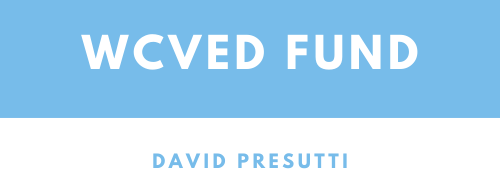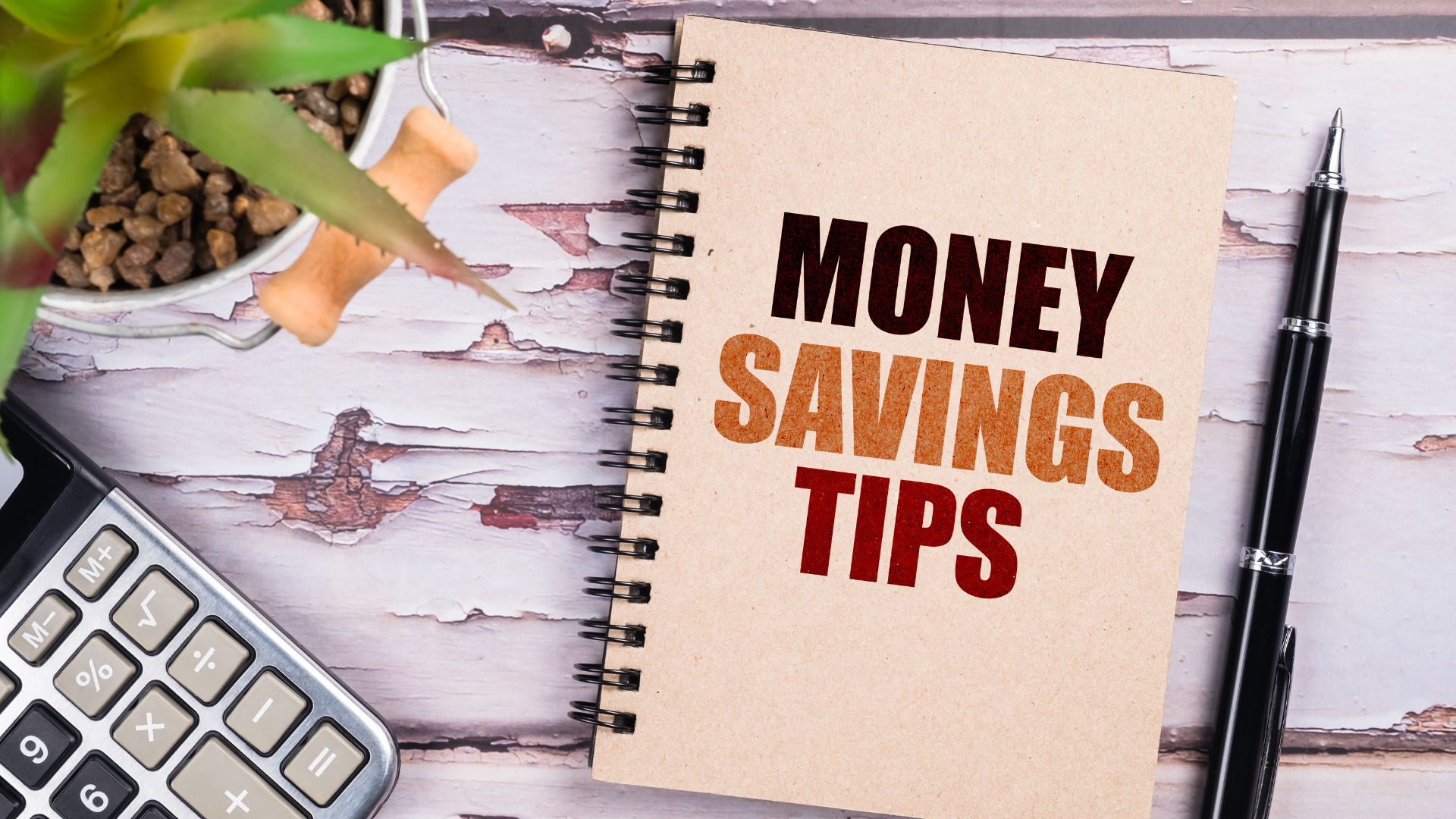Money management is a universal skill that holds the key to a secure and fulfilling financial journey. Whether you’re embarking on your first job or basking in the joys of retirement, understanding how to make the most of your resources is essential.
In the realm of retirement, where a steady income might take a step back, effective money management steps in to ensure that your golden years remain comfortable and worry-free in a fully facilitated assisted living in Fremont (or a location of your choice). That being the case, we’ll explore expert tips that will not only guide you through the intricacies of daily financial decisions but also shed light on strategies to safeguard your retirement fund, allowing you to relish every moment of this well-deserved chapter.
Start Saving Early
One of the best pieces of advice when it comes to money management is to start saving early. The sooner you start saving, the more time your money has to grow. Even if you can only save a small amount each month, it will add up over time.
There are a few different ways you can go about saving your money. One option is to open a savings account at your bank or credit union. This account will likely earn interest, which means your money will grow over time.
Another option is to invest in a retirement account such as a 401(k) or an IRA. These accounts also have the potential to grow over time, and they may offer tax benefits as well.
Whatever method you choose, make sure you start saving early and often. The sooner you start, the better off you’ll be in the long run.
Set A Budget And Stick To It
When it comes to money management, one of the most important things you can do is set a budget and stick to it. This may seem like a daunting task, but it’s quite simple.
First, take a look at your income and expenses. Determine how much you have coming in each month and what your fixed costs are (housing, transportation, etc.). Then, figure out what your discretionary income is – this is the money you have left over after covering your essentials.
Next, start tracking your spending. This will help you see where your money is going and identify any areas where you may be able to cut back.
Once you have a good idea of your spending patterns, you can begin setting limits for yourself. Decide how much you’re willing to spend in each category – food, entertainment, shopping, etc. – and stick to it.
It may take some time to get used to living on a budget, but it’s well worth the effort. Not only will you save money, but you’ll also find that you have more control over your finances overall.
Create A Retirement Planner
It’s never too early to start planning for retirement. The sooner you start, the better off you’ll be. A retirement planner can help you set realistic goals and figure out how much money you’ll need to save.
There are a few things to consider when creating a retirement planner. First, think about when you want to retire. Do you want to retire early? Or do you want to work until you’re 65 or older? Knowing when you want to retire will help you calculate how much money you’ll need to save.
Next, consider your lifestyle. Do you want to travel in retirement? Do you plan on staying home and spending time with family and friends? Or do you want to spend your time comfortably in a senior assisted living society? The lifestyle you live now will play a big role in how much money you can save. So, plan your day-to-day life in accordance with your lifestyle goals later.
Lastly, think about your health. Do you have any health concerns that could impact your retirement plans? Make sure to factor in any potential medical expenses when calculating how much money you’ll need to save. There are options these days for in-home medical and old-age support; you won’t even have to leave your house to avail high-quality care. You can check out sites like https://www.careforfamily.com.au/ and others to consider this option.
Build An Emergency Fund
An emergency fund is a key part of any financial plan. It’s there to cover unexpected costs like job loss, medical bills, or car repairs.
Building an emergency fund can seem daunting, but it doesn’t have to be. Start small and focus on consistency. Automate your savings so you’re not tempted to spend them. And make sure to keep your emergency fund in a safe place where you won’t be tempted to use it for non-emergency expenses.
If you’re not sure how much you need in your emergency fund, start with $1,000 and then reassess as your situation changes. The important thing is to get started and build up your savings so you’re prepared for whatever life throws your way.
Lower Your Home Utility Bills
It’s no secret that home utility bills can be expensive. But there are plenty of ways to lower your monthly payments and still keep your home comfortable.
Start by checking for any leaks in your home. A simple way to do this is to put a piece of food coloring in your toilet tank. If the color appears in the bowl after a few minutes, you have a leak. Fixing leaks can save you up to 10% on your water bill each month.
Next, maintain your home’s HVAC and electricals to cut down your electricity bills. This means conducting inspections and calling professionals for things like heater, boiler, electrical, and ac repair denham springs, or wherever you may be. When the different appliances in your home work at their peak efficiency, you can be assured of energy savings, while maintaining the ideal level of homely comfort.
Further, take a look at your thermostat settings. During the winter, set the temperature a little lower than usual and dress in layers to stay warm. In the summer, raise the temperature a few degrees and use fans to stay cool. These small changes can make a big difference in your energy costs each month.
Finally, consider switching to energy-efficient light bulbs and appliances. These products may cost more upfront, but they’ll save you money on your utility bills over time.
Get Tax Credits And Deductions
If you want to get the most out of your money, it’s important to take advantage of all the tax credits and deductions available to you. By doing so, you’ll be able to keep more of your hard-earned money and use it to reach your financial goals.
To find out which tax credits and deductions you qualify for, be sure to speak with a qualified tax professional or use an online tax calculator. And remember, even if you don’t owe any taxes, it’s still a good idea to file a return so that you can receive any refunds that you’re due.
Manage Your Credit Score And History
If you want to maintain a good credit score and history, there are a few things you need to do. First, make sure you keep up with your payments. This means making all your payments on time and in full. If you can, it’s also a good idea to pay more than the minimum payment each month.
Second, try to keep your balances low. This means using less than 30% of your credit limit on any one account, and less than 10% on all your accounts combined. The lower your balances are, the better your credit score will be.
Third, don’t open too many new accounts at once. Opening a bunch of new accounts in a short period can hurt your credit score. So if you’re going to open a new account, space it out over time instead of doing it all at once.



